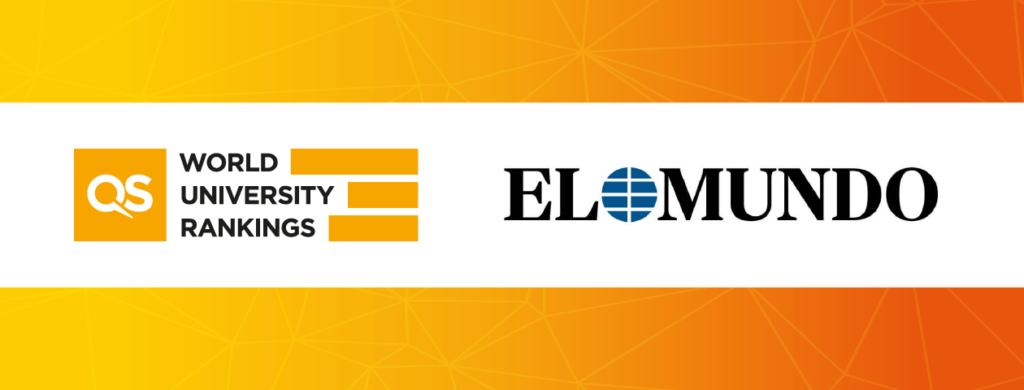by Mansoor Iqbal
At the pinnacle of the first ever QS World University Rankings® for English Language and Literature we find the towering titan of higher education that is Harvard, closely followed by the two halves of Oxbridge.
Harvard’s position at the top of the table is largely down to its strong reputation with academics, who may well have been motivated by respect for the plethora of eminent professors at the university’s English department. Faculty members include renowned post-colonialist Homi K. Bhabha, Pulitzer Prize winning poet Jorie Graham and founder of literary journal Representations and founding father of new historicism Stephen Greenblatt. Of course, reputation is nothing without world beating research to back it up, and Harvard does not disappoint in this regard. Between them, the faculty published 16 new works in 2010 (and two so far in 2011), including one play and one film.
Just below Harvard, we find Oxford outperforming its age-old rival in terms of both academic and employer reputation, further cementing its triumph across the humanities rankings, in which it finishes higher than Cambridge in all subjects apart from linguistics. This triumph can be ascribed to the Oxford’s status as a hotbed of literary research – at present, no less than 12 literary journals are edited or co-edited by the university’s faculty members. It also scores the highest employer rating, followed by Cambridge, showing that employers believe that Oxbridge continues to produce the graduates most suited to the rigours of professional life.
Californian public universities perform strongly, with UC Berkeley (4) and UCLA (9) cementing strong performances across the humanities, in which they consistently exceed their overall rank. The former thrives on its academic reputation, and can boast Pulitzer Prize winner and ex-American Poet Laureate Robert Hass amongst its faculty. UCLA’s position is the result of its strong employer reputation, which is only bettered by MIT, Harvard and Oxbridge.
The Anglo-American hegemony of the top ten is broken by the University of Toronto (7). Its inclusion in the top ten is noteworthy, due to the imminent merging of its world famous Department of Comparative Literature into a School of Languages and Literature with several other departments. This has caused several commentators to worry that Toronto’s status as world leader in English Literature will suffer. The move comes as part of the university’s effort to reduce a deficit of C$55 million. Nonetheless, its high finish caps a strong performance from the big three Canadian universities, with McGill in 12th and UBC in 13th.
Australian universities also perform well, with 6 entrants in the top 50. Of interest is the Universities of Melbourne (14) and Sydney (17) finishing higher than ANU (29), which contrasts with both other humanities and the overall rankings. Their stronger reputations can perhaps be seen as the result of their longer established and larger departments. In amongst the Group of Eight is Monash University (36), whose high rank might be ascribed to its unique book research unit, as well as its postcolonial focus.
A massive 11 Asian Universities make the top 50, with 58 in total making the 200. NUS (16) leads the pack, but it is Peking University’s excellent ranking of 19th that catches the eye, suggesting that some of the money being invested in Chinese higher education is being directed towards traditional humanities subjects. Also interesting is the high ranks of Philippine universities the University of the Philippines (34) and Ateneo de Manila (35), and Thai establishment Chulalongkorn University (38). All three employ English as a language of instruction and research, which has obviously facilitated their academics making it onto the world stage, and their graduates’ success internationally.
The US, with 52 entrants in total, and the UK with 28, dominate the rankings, with 21 and 7 in top 50 respectively. Perhaps unsurprisingly no universities from the non-Anglophone countries of continental Europe make the top 50 (These rankings are limited to English Language and Literature), but we do find Trinity College Dublin in 32nd, reasserting on its traditional strength in this subject area.



